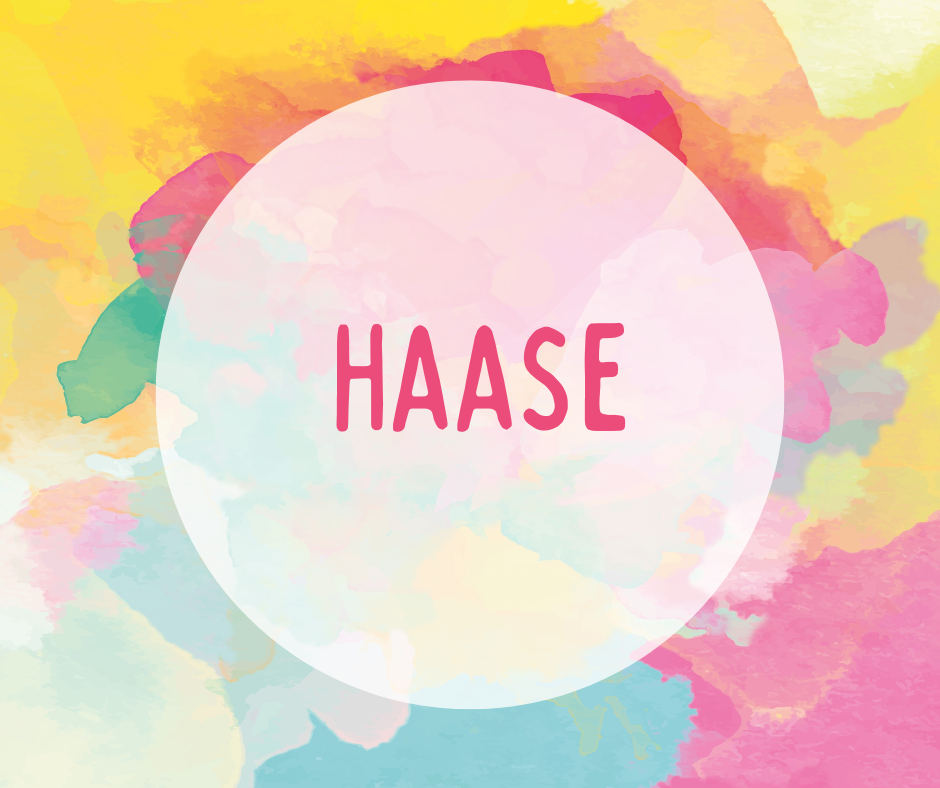
Haase is a surname with a rich history and interesting etymology. This name, primarily of German origin, has spread to various parts of the world and carries with it a unique meaning and cultural significance.
Origin:
Haase is a German surname that originated in the northern and central regions of Germany. It’s also found in other German-speaking areas such as Austria and parts of Switzerland. The name has spread to other countries, particularly those with significant German immigration, such as the United States, Canada, and Australia.
Meaning:
The surname Haase is derived from the Middle Low German word “hase,” which means “hare” or “rabbit.” In Old High German, it was “haso,” and in modern German, it’s “Hase.” This suggests that the name likely originated as a nickname or occupational surname.
There are several theories about how this animal name became a surname:
- Nickname: It may have been given to someone who was swift or agile like a hare.
- Occupational: It could have referred to a hunter who specialized in catching hares.
- Residential: It might have indicated someone who lived in an area known for hares.
- Heraldic: The hare might have been used in a family’s coat of arms.
Popularity:
While not among the most common German surnames, Haase is well-known within Germany and areas with German heritage. Its popularity in other countries often correlates with patterns of German immigration.
In the United States, for example, the name became more prevalent in the 19th and early 20th centuries during waves of German immigration. However, it’s not typically found in the top 1000 most common surnames in the US.
Inspiration and Cultural Significance:
The hare or rabbit has significant cultural and symbolic meanings in various traditions, which may add layers of significance to the Haase surname:
- In many cultures, hares symbolize swiftness, fertility, and rebirth.
- In German folklore, the “Osterhase” or Easter Hare (Easter Bunny) is said to bring eggs to children, a tradition that spread to other parts of the world.
- In some Native American traditions, the rabbit is seen as a trickster figure.
- In Chinese astrology, the rabbit is one of the 12 zodiac animals.
These associations might have influenced the perception of the name over time, though they weren’t necessarily part of its original meaning.
Variations:
Like many surnames, Haase has several variations, including:
- Haas
- Hase
- Hasch
- Hasch
- Hasemann
These variations might have arisen due to regional dialects, migration, or changes in spelling conventions over time.
Notable Haases:
Throughout history, various individuals with the surname Haase have made contributions in fields such as science, arts, sports, and business. Some notable Haases include German botanist Erich Haase and American astronomer Erich Haase.
Heraldry:
Some Haase families have associated coats of arms, though these are specific to particular lineages rather than the surname as a whole. These heraldic symbols often incorporate hares or rabbits, reflecting the name’s meaning.
Modern Usage:
Today, the surname Haase continues to be a proud marker of German heritage for many families. It serves as a connection to ancestral roots and the rich cultural history of Germany. In an increasingly globalized world, individuals with the Haase surname can be found in diverse professions and locations, carrying with them a name that echoes centuries of German tradition.
In conclusion, the surname Haase, with its connection to the swift and agile hare, is a testament to the way surnames often evolved from nicknames or occupations. Its spread across the globe demonstrates the far-reaching impact of German migration and cultural exchange, while its meaning provides a fascinating glimpse into medieval naming practices and symbolism.




